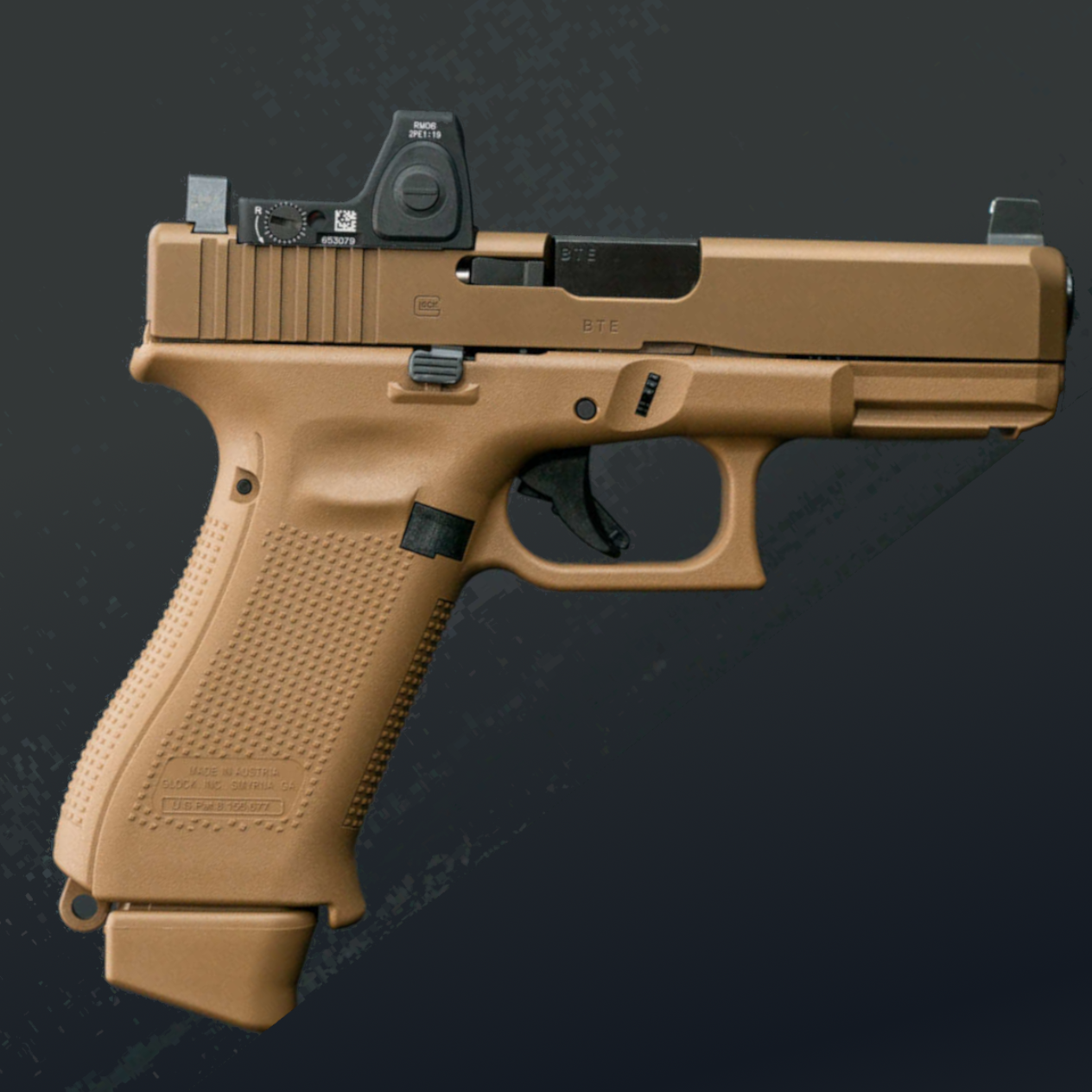Mr. Litton, however, could not legally buy a gun because he was a felon. Mr. Honea said investigators believed that the handgun that Mr. Litton used was a homemade, untraceable gun made of parts from different weapons, often called a “ghost gun.”
So, what did California’s gun control regime accomplish here?
cross-posted from: https://lemmy.crimedad.work/post/159095
Here’s the archive link: http://archive.today/2024.12.06-125212/https://www.nytimes.com/2024/12/05/us/school-shooting-california-kindergarteners.html


That’s fair, but neither can we be certain that these regulations prevent gun crimes or similar crimes with different weapons. Regardless, it’s apparent that gun regulations as we know them lead to more incarceration and more incarceration does not decrease violent crime and may actually increase crime in some settings. (Interestingly, the shooter in this case was previously incarcerated, but not for any violent crimes.) Therefore, we have a reasonable basis for a hypothesis that gun control does more harm than good.
Similarly, criminalizing murder itself does not prevent murder from happening and leads to increased incarceration.
Apart from the fact that murder is different than possession of some contraband, what good is incarceration if it doesn’t reduce crime or actually increases it?
We should be reducing incarceration however we can and decriminalizing firearms especially. Gun control regimes have significant carceral components to them. In New Jersey, for example, mere possession of a magazine with a capacity greater than ten rounds is a straight up felony even if you don’t have a firearm to use it with. Incarceration, of course, puts antisocial pressure on society by way of family separation, mistrust of law enforcement, reduction of funds for pro social programs, etc. So people naturally respond by arming up. All we’re doing is filling prisons.